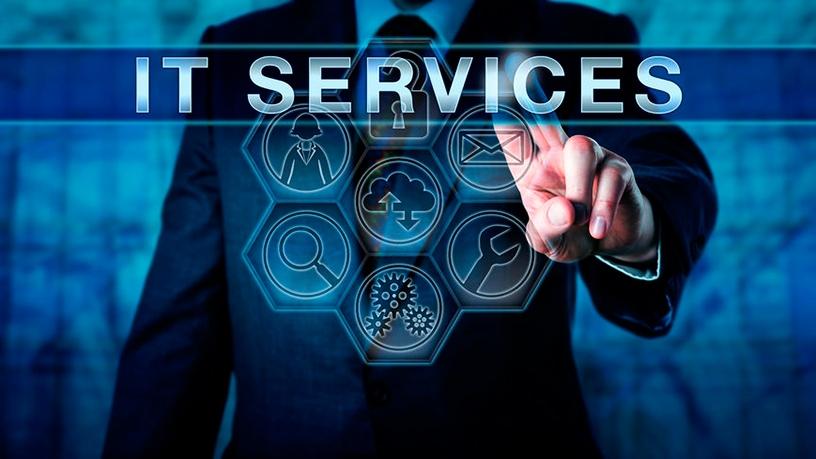
Worldwide IT spending is projected to total $3.7 trillion in 2018, an increase of 4.5% from 2017, according to the latest forecast by research firm Gartner.
"Global IT spending growth began to turn around in 2017, with continued growth expected over the next few years. However, uncertainty looms as organisations consider the potential impacts of Brexit, currency fluctuations, and a possible global recession," says John-David Lovelock, research vice president at Gartner.
Despite this uncertainty, businesses will continue to invest in IT as they anticipate revenue growth, but their spending patterns will shift, he adds.
"Projects in digital business, blockchain, Internet of things, and progression from big data to algorithms to machine learning to artificial intelligence (AI) will continue to be main drivers of growth."
Similarly, a BMIT report says it is seeing an increase in the growth of SA's IT market. It forecast the growth trajectory to reach R149.4 billion by 2021. BMIT reveals in 2017, the country's IT market grew by 5.3% to R111 billion driven by, among others, digital transformation, IT security and automation.
Conversely, Mark Walker, vice president for Sub-Saharan Africa at IDC, in December 2017 warned ICT companies to brace themselves for a tough 2018, as the country's economy continues to come under pressure. Walker was commenting on the effects the credit rating downgrades have had on the ICT sector.
South Africa's economic growth prospects have been under strain over the past year, with rating agencies issuing warnings of a possible "junk status" rating for the country's economy.
Meanwhile, Gartner says enterprise software continues to exhibit strong growth, with worldwide software spending predicted to grow 9.5% in 2018, and another 8.4% in 2019 to total $421 billion.
The research firm expects organisations to increase spending on enterprise application software in 2018, with more of the budget shifting to software as a service (SAAS). The growing availability of SAAS-based solutions is encouraging new adoption and spending across many subcategories, such as financial management systems, human capital management and analytic applications, it adds.
Also, the devices segment is expected to grow 5.6% in 2018, says Gartner. In 2017, the devices segment experienced growth for the first time in two years with an increase of 5.7%, it adds.
Gartner expects end-user spending on mobile phones to increase marginally as average selling prices continue to creep upward even as unit sales are forecast to be lower. It also anticipates PC growth to be flat in 2018 even as continued Windows 10 migration is expected to drive growth in the business market in China, Latin America and Eastern Europe. The impact of the iPhone 8 and iPhone X was minimal in 2017, as expected. However, iOS shipments are expected to grow 9.1% in 2018.
"Looking at some of the key areas driving spending over the next few years, Gartner forecasts $2.9 trillion in new business value opportunities attributable to artificial intelligence (AI) by 2021, as well as the ability to recover 6.2 billion hours of worker productivity," says Lovelock.
"That business value is attributable to using AI to, for example, drive efficiency gains, create insights that personalise the customer experience, entice engagement and commerce, and aid in expanding revenue-generating opportunities as part of new business models driven by the insights from data."
Share